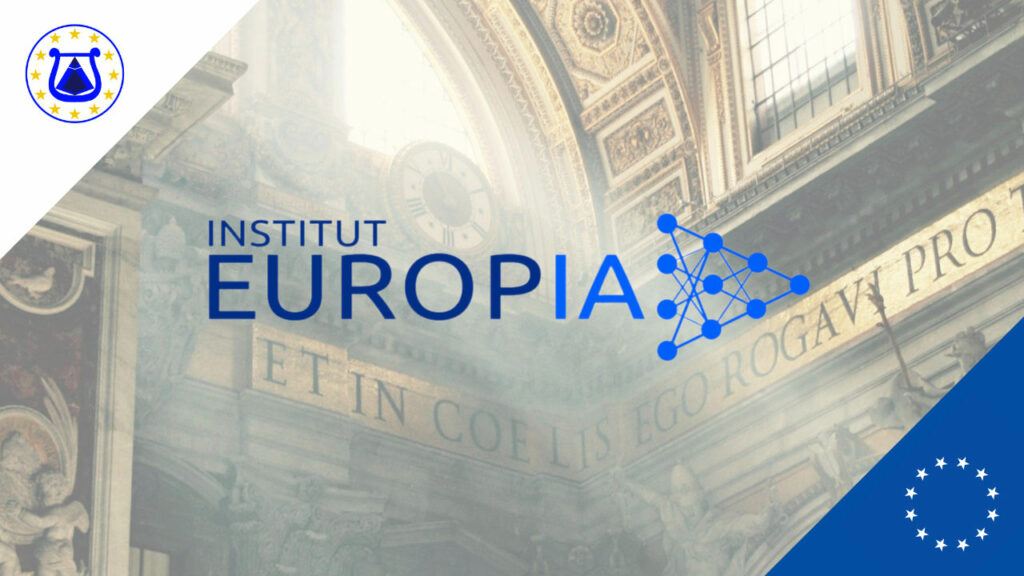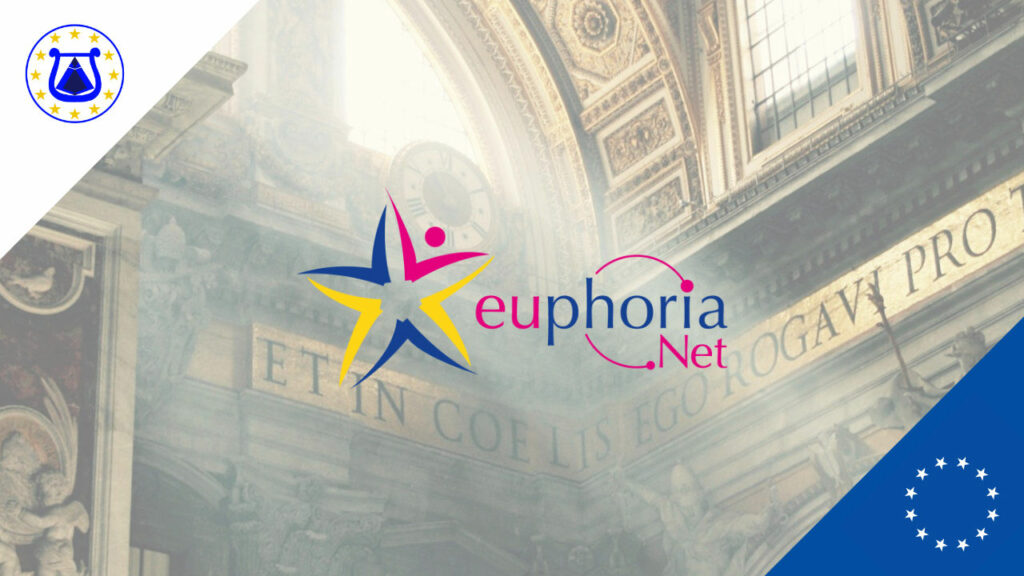Last week Hermes – Centro Studi Europeo and the Center for American Studies signed a framework agreement committing to developing scientific collaborations based on the exchange of knowledge and experiences, aimed at promoting dialogue and engagement between the European Union and the United States of America within the context of the transatlantic partnership.
The signed agreement is consistent with the European Agenda for Global Cooperation and promotes the study and in-depth analysis of matters of common interest, through collaboration with public and private entities with similar objectives, and international institutions.
The main purpose of this collaboration is to facilitate the transfer of research results to society and the market, thus contributing to economic and social development.
The synergies and constant discussion between the signatory parties will facilitate the creation of the most favorable conditions to:
- propose the opportunities and methods for each collaboration of common interest;
- prepare specific agreements for the implementation of the present agreement on selected and shared topics;
- ensure the consistency of the stipulated agreements with the purposes of the Framework Agreement and those of associative and social promotion ideals.
Italy is represented in the United States by an extensive diplomatic-consular network.
There is an intense promotion of strengthening the already solid partnership with the USA, rooted in a shared framework of democratic principles, with the common objective jointly addressing global challenges, supporting multilateralism and the international order based on law and, through participation in NATO, ensuring transatlantic prosperity and security.
Italy collaborates with the United States within numerous multilateral organizations and forums, primarily the UN and the G7, and also contributing to the framework of bilateral cooperation of the European Union, recently revitalized by the EU-US Transatlantic Agendas.
The strengthening of a broader transatlantic relationship is also one of the main objectives of the U.S. National Security Strategy.
President Biden has prioritized broadening and extending the transatlantic bond to pursue a common global agenda.
To achieve this, the United States has committed to intensify US-EU relations and to support European partners in upholding the order of the international system that promotes security, prosperity, and values.
Transatlantic cooperation is increasingly strategic, from the space sciences sector, with 13 case studies conducted over a span of 30 years, to collaboration in the Mediterranean area and the Middle East due to shifts in global power distribution and ongoing transformations in the region.
And indeed, during the sixth meeting of the EU-US Trade and Technology Council (TTC), held on April 5th, the EU and the USA reaffirmed their commitment to advancing transatlantic leadership in emerging technologies and the digital environment, facilitating bilateral trade and investments, cooperating on economic security, and defending human rights and values.
The meeting’s discussions, centered on close transatlantic cooperation on trade and technology, focused on three pillars:
- Transatlantic cooperation on artificial intelligence, quantum technology, 6G, semiconductors and standardization
- Promoting simpler, sustainable and secure trade on the transatlantic market
- Defending human rights and values in an evolving digital geopolitical context
Even in the cyber domain, transatlantic cooperation has borne fruit, resulting in a collaboration agreement between theEuropean Union Agency for Cybersecurity (ENISA) and theUS Cybersecurity and Infrastructure Security Agency (CISA) aimed at strengthening capabilities, sharing best practices, and raising awareness in the field of cybersecurity.



